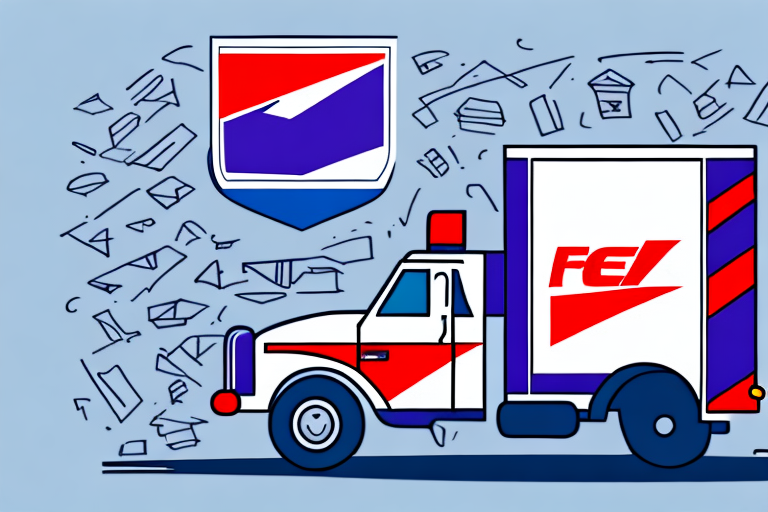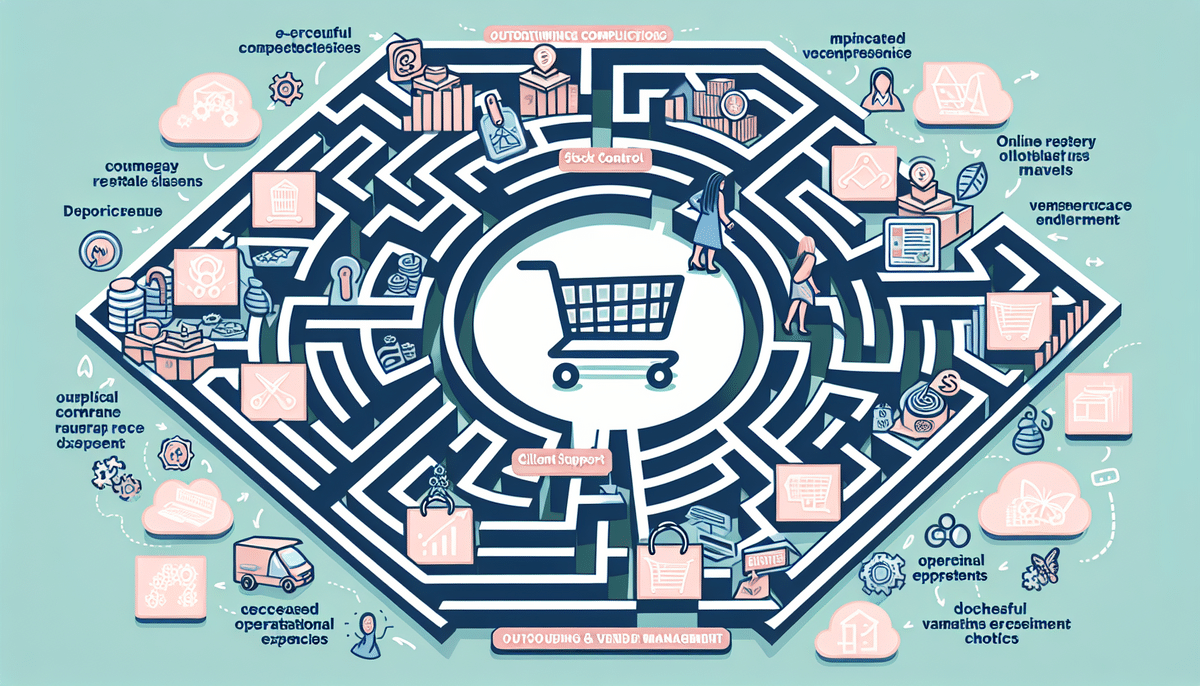How and When to Choose a New Software Vendor
Choosing a new software vendor can be a daunting task, especially when you consider how much is at stake. With numerous vendors available, determining the right fit for your business requires careful consideration. In this article, we'll guide you through the processes and factors to consider when selecting a software vendor that aligns with your business objectives.
Factors to Consider When Choosing a Software Vendor
When selecting a software vendor, several key factors must be evaluated to ensure a successful partnership:
- Experience and Reputation: The best vendors have a proven track record of delivering quality software solutions. Look for vendors with experience in your industry and the ability to provide references and case studies that demonstrate their capability to meet client needs.
- Technical Expertise: A proficient vendor should have a team of skilled developers knowledgeable in the latest technologies. Certifications and continuous training are indicators of their technical competence.
- Customer Service and Support: Responsive and helpful customer service is crucial. Ensure the vendor provides regular updates, transparent communication, and effective problem-solving support.
- Pricing Model: Understand the vendor's pricing structure to ensure it fits within your budget. Whether they charge a flat fee, per user, or based on data usage, clarify all costs, including any potential additional fees.
The Importance of Vendor Selection in Software Implementation
Selecting the right vendor is pivotal in the software implementation process. According to a 2023 industry report, companies that meticulously select their software vendors experience a 30% higher success rate in project implementation. The right vendor helps achieve business goals, while the wrong choice can lead to delays, increased costs, and operational inefficiencies.
Evaluating Your Business Needs Before Choosing a New Software Vendor
Before selecting a software vendor, thoroughly evaluate your business needs. Define your objectives and identify the software features necessary to achieve them, such as functionality, scalability, and security. Assessing your budget and time constraints is also essential to balance cost against the value delivered.
Understanding the Risks of Choosing the Wrong Software Vendor
Choosing an unsuitable vendor can have significant repercussions, including:
- Wasted Resources: A product that doesn't meet your needs leads to wasted time and financial resources.
- Operational Disruptions: Poor-quality software can disrupt business operations, resulting in lost revenue and diminished reputation.
- Legal and Compliance Issues: Non-compliance with industry standards can lead to legal challenges and fines.
How to Identify the Right Software Vendor for Your Business
Identifying the right software vendor involves comprehensive research and evaluation:
- Research potential vendors' experience, technical skills, and customer service.
- Request references and review case studies to assess their expertise.
- Evaluate their track record in delivering quality products and meeting deadlines.
- Ensure they understand your business needs and can communicate effectively.
Pros and Cons of Working with Established vs. Emerging Software Vendors
When selecting a software vendor, you might choose between established and emerging vendors. Each has its advantages and drawbacks:
- Established Vendors: They offer extensive resources, a proven track record, and reliability. However, they may be less flexible and more costly.
- Emerging Vendors: They provide agility, customization, and often lower costs. On the downside, they might lack extensive experience and resources.
The Role of Cost in Choosing a New Software Vendor
Cost is a critical factor in vendor selection. It's essential to balance initial costs with the long-term value and benefits. Consider the total cost of ownership, including maintenance, support, and potential integration expenses, to make an informed decision.
The Importance of Quality Assurance in Choosing a New Software Vendor
A vendor's commitment to quality assurance (QA) ensures the software meets your standards. Inquire about their QA processes, testing methodologies, and how they handle issues during development. A robust QA process minimizes defects and enhances software reliability.
Key Questions to Ask a Potential Software Vendor Before Signing a Contract
Before finalizing a contract, ask the following questions to ensure the vendor is the right fit:
- What is your experience working with businesses like mine?
- What is your approach to project management and development?
- What are your quality assurance processes?
- How do you handle issues that arise during development?
- What is your pricing structure, and what is included in your fees?
Making the Final Decision: Best Practices for Choosing a New Software Vendor
When making the final decision, consider these best practices:
- Take Your Time: Avoid rushing the selection process to prevent costly mistakes.
- Request References and Case Studies: These provide insight into the vendor's experience and success rates.
- Ensure Effective Communication: Choose a vendor that understands your business needs and communicates clearly.
- Consider Long-Term Partnerships: Select a vendor focused on building lasting relationships and delivering ongoing value.
Tips for Negotiating Contracts with New Software Vendors
Effective contract negotiation can lead to favorable terms and a successful partnership:
- Understand Your Budget: Know your financial limits and what you can afford.
- Be Prepared to Walk Away: If a vendor can't meet your needs or budget, don't hesitate to seek alternatives.
- Focus on Value: Negotiate based on the value the solution provides rather than just the cost.
- Define Project Scope Clearly: Clearly outline project parameters to avoid unexpected costs or delays.
- Be Open to Compromise: Both parties should work towards a mutually beneficial agreement.
Strategies for Managing the Transition to a New Software Vendor
Managing the transition effectively ensures minimal disruption to your business operations. Consider the following strategies:
- Maintain open and frequent communication with the vendor.
- Create a detailed project plan with clear deadlines and deliverables.
- Assign a dedicated project manager to oversee the transition.
- Provide training and resources to help employees adapt to the new software.
- Monitor project progress closely and be ready to make necessary adjustments.
Common Mistakes to Avoid When Choosing a New Software Vendor
Prevent common pitfalls by avoiding these mistakes:
- Choosing a vendor solely based on price.
- Relying too heavily on reputation without verifying qualifications and experience.
- Neglecting customer service and support considerations.
- Assuming the vendor understands your business needs without clear communication.
- Failing to evaluate and compare multiple vendors comprehensively.
Measuring Success: How to Evaluate Your Experience with Your Chosen Software Vendor
After implementing software, evaluate your experience to ensure it meets your business goals:
- Assess the quality of the product and whether it fulfills your needs.
- Evaluate the vendor's communication, project management, and customer service.
- Check if the project was completed on time and within budget.
- Gather feedback from your team to identify strengths and areas for improvement.
Regular evaluations help in refining future vendor selections and ensuring ongoing success.
Conclusion
Choosing the right software vendor is a critical step in the software implementation process. Evaluate your business needs, conduct thorough research, and ask the right questions to make an informed decision. By adhering to best practices and avoiding common mistakes, you can select a vendor that not only fits your current requirements but also supports your long-term business objectives.








